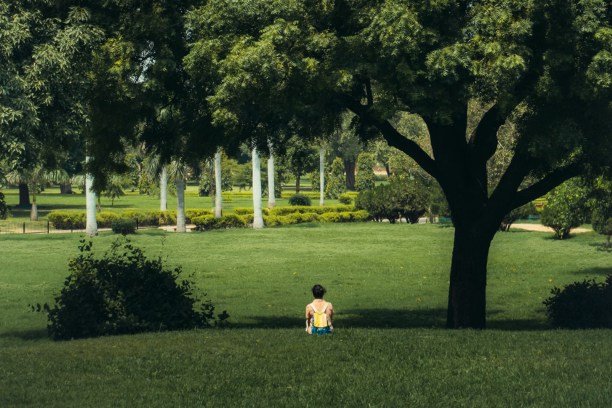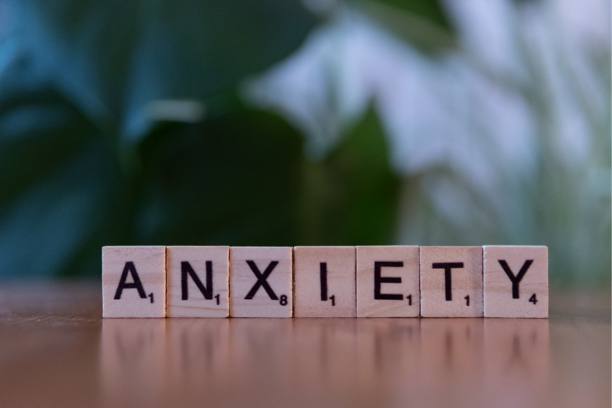A Silent Epidemic of the Digital Age
Can’t stop scrolling? You’re not alone.
In 2025, more people than ever—especially those with ADHD and anxiety are unknowingly caught in a destructive loop with social media. The dopamine highs, rapid-fire content, and 24/7 connectivity can be intoxicating for neurodivergent brains but also emotionally draining.
If you’re in the UK, USA, or Canada and have felt your focus vanish or anxiety spike after hours online, this blog reveals why and what you can do about it.
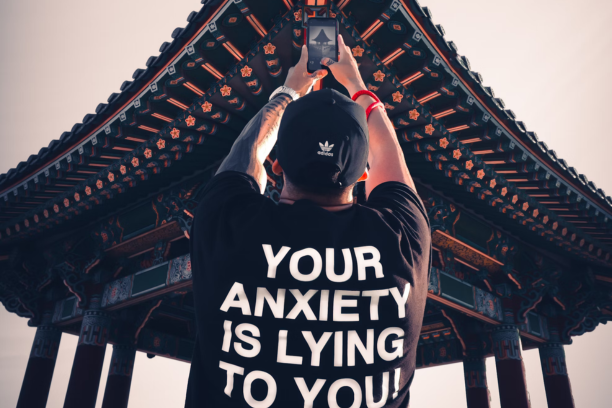
ADHD and the Allure of Social Media
ADHD, or Attention Deficit Hyperactivity Disorder, is more than difficulty concentrating it’s a neurological condition that affects impulse control, emotional regulation, and reward processing. In the ADHD brain, dopamine and phone use the chemical tied to motivation and pleasure is often underproduced.
Enter: social media
For example, apps like TikTok, Instagram, and Snapchat are designed to serve constant novelty and instant rewards exactly what ADHD brains crave. In turn, the rapid feedback (likes, comments, shares) acts like digital candy, delivering short bursts of dopamine.
For those with ADHD:
- Notifications = urgency
- New content = novelty
- Likes = validation
It’s no wonder why studies from NHS Digital (UK) and NIH (USA) reveal that adults and teens with ADHD are 2–3x more likely to develop social media dependency.
Anxiety and Digital Comparison | A Fuel-Adding Fire
Social media isn’t just addictive it’s emotionally manipulative.
People with anxiety especially those with generalized anxiety disorder (GAD) or social anxiety often struggle with comparison, fear of missing out (FOMO), and digital overstimulation.
For ADHDers, this effect is multiplied:
- For starters, scrolling through perfect photos creates unrealistic benchmarks.
Moreover, Rejection Sensitivity Dysphoria (RSD) makes negative comments feel catastrophic.
In addition, endless notifications cause heightened stress and a constant fear of disconnection.
In the UK, Mind.org.uk reports rising anxiety among 16–34-year-olds due to overuse of social media. In the USA and Canada, similar trends are evident, with mental health and screen time hotlines reporting increased calls related to online stress.
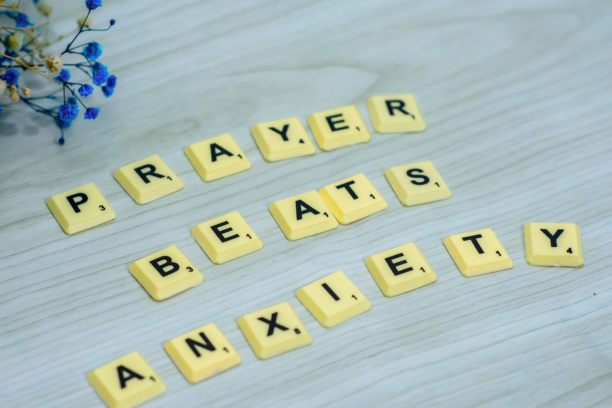
The ADHD-Anxiety-Tech Cycle: How It Works
This isn’t just correlation it’s a vicious cycle.
- ADHD traits (like restlessness or distraction) drive excessive scrolling.
- Social media overstimulates the brain, causing mental fatigue.
- Anxiety increases due to comparison, overload, and screen fatigue.
- To escape discomfort, users scroll more repeating the loop.
Visual suggestion for readers: A simple graphic showing this 4-part cycle can boost on-page time and improve SEO dwell metrics.
Signs You’re Trapped in the ADHD-Anxiety-Tech Loop
Wondering if you’re caught in the trap? Here are red flags to look for ADHD and anxiety:
- Cognitive
- Difficulty focusing offline
- Memory lapses or foggy brain
- Constant urge to check your phone
- Emotional
- Irritability after screen use
- Mood crashes with low engagement
- Increased anxiety when “offline”
- Behavioural
- Doom-scrolling late at night
- Avoiding tasks by checking apps
- Feeling guilt but unable to stop
2025 Research Insights: What the Science Now Shows
Recent studies in 2024–2025 confirm what many already feel:
- UK Royal College of Psychiatrists found a 42% increase in ADHD-diagnosed individuals reporting digital addiction symptoms.
- A Canadian Journal of Psychiatry study found anxiety levels rose by 60% among heavy social media users with ADHD traits.
- University of California research shows dopamine spikes during app use mimic the same pathways as substance use disorders.
Use high-authority outbound links (PubMed, NHS, APA) for E-E-A-T credibility.
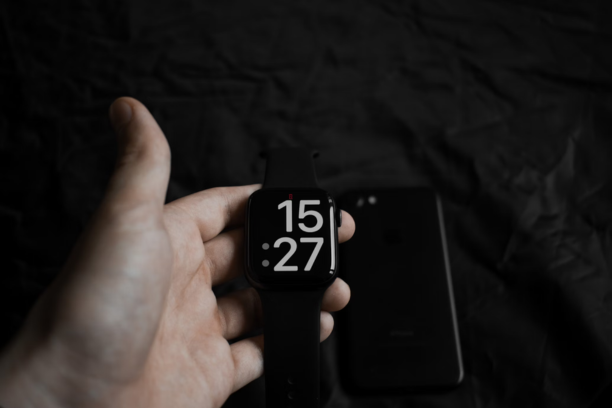
Realistic ADHD-Friendly Digital Detox Tips
Let’s be honest—cutting out social media impact on ADHD entirely is unrealistic for most. But you can regain control without quitting cold turkey.
1. Set a Dopamine Budget
Limit the amount of “digital pleasure” you allow daily. Replace TikTok sprees with 10–minute walks, puzzles, or upbeat music—still stimulating, but much healthier.
2. Use ADHD-Specific Productivity Tools
Apps like:
- Freedom (blocks distracting apps)
- Brain.fm (music designed for focus)
- Structured (visually-friendly ADHD planner)
Add affiliate links here to monetize your blog passively.
3. Create Phone-Free Rituals
Start with 15-minute detox windows in the morning and evening. Use visual timers to help manage urges.
4. Try a Weekend Digital Reset
Once a week, delete your most-used app for 48 hours. Journal how you feel. Gradually extend the time as habits shift.
Mindful Social Media Use Is Possible
You don’t need to abandon social media it’s about building a healthier relationship with it.
Try these mindful usage strategies:
- Curate your feed to include mental health advocates, ADHD coaches, calming content.
- Avoid passive scrolling. Interact intentionally comment, share, learn.
- Turn off push notifications and check apps only 3x daily.
Conclusion
In 2025, attention is the most valuable digital asset and for people with ADHD or anxiety, it’s even more precious.
By understanding how social media exploits neurodivergent traits, you can begin to reclaim your peace, focus, and emotional balance. Whether you live in London, New York, or Toronto your brain deserves a break.
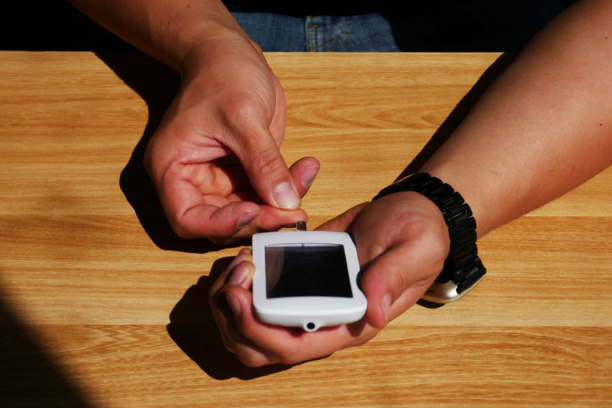
FAQs
Why are people with ADHD more prone to social media addiction?
As a result, ADHD brains tend to seek instant gratification, and social media’s fast dopamine hits make it particularly hard to resist.
Can social media worsen anxiety symptoms?
Yes, and more specifically, social media fuels anxiety by triggering FOMO, promoting unhealthy comparisons, and creating constant digital pressure.
What are the signs of social media addiction in people with ADHD?
Compulsive scrolling, poor focus, mood swings, and using apps to escape boredom are key signs.
How can someone with ADHD reduce their screen time?
Use timers, block distractions, plan offline tasks, and replace scrolling with fun, mindful activities.
Are there safe social media habits for people with anxiety or ADHD?
Yes, limit time, turn off notifications, follow positive content, and engage online mindfully.



